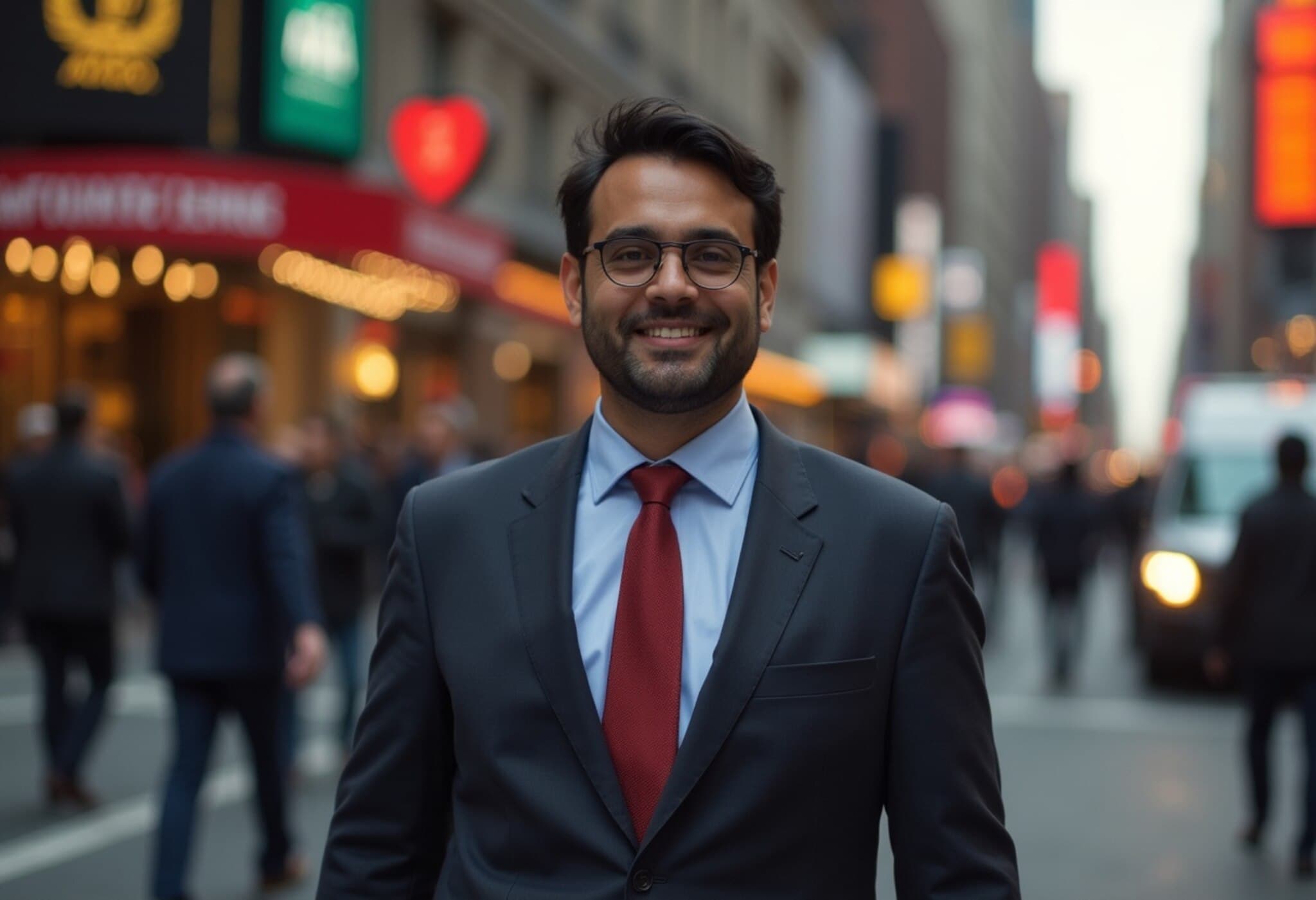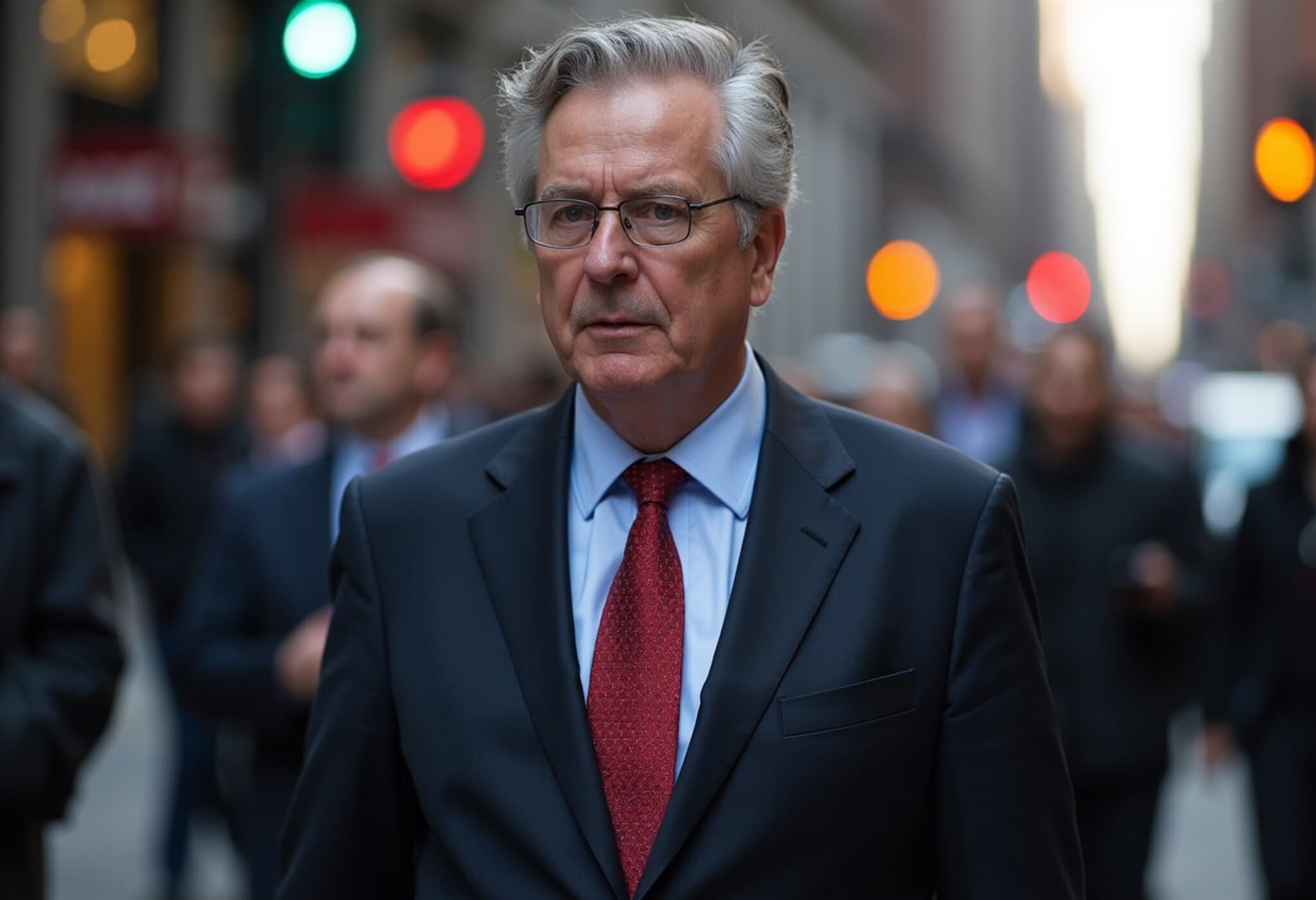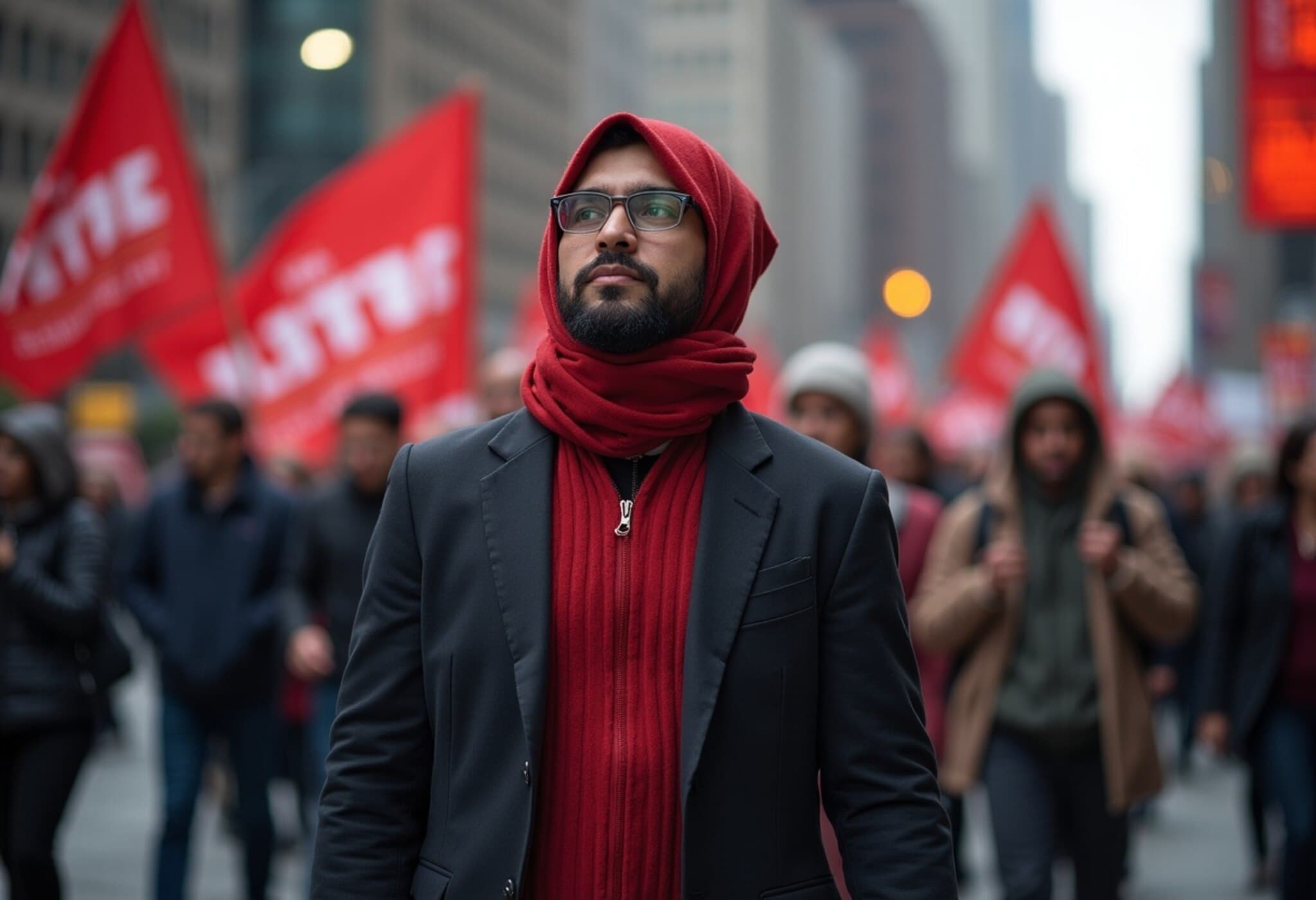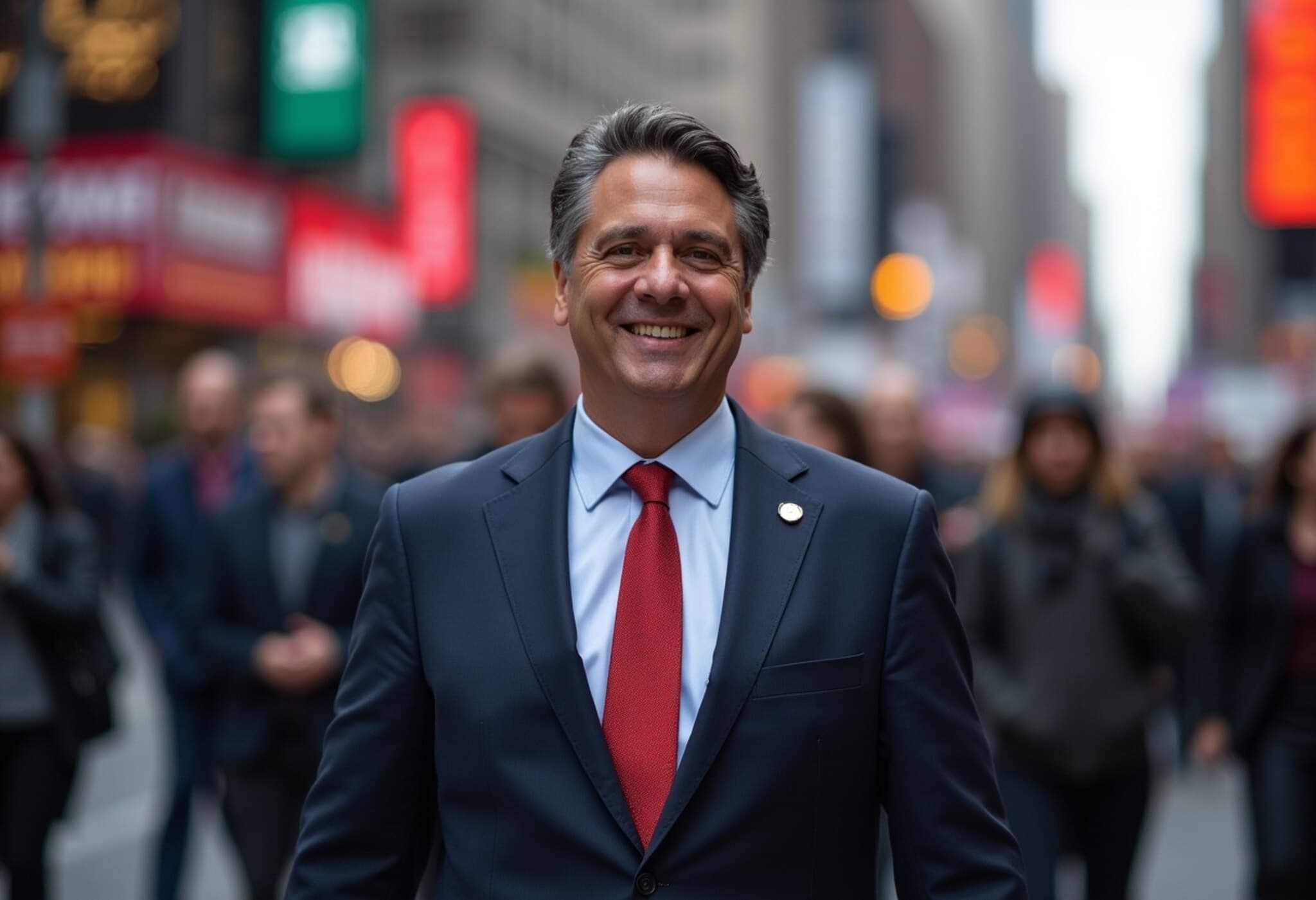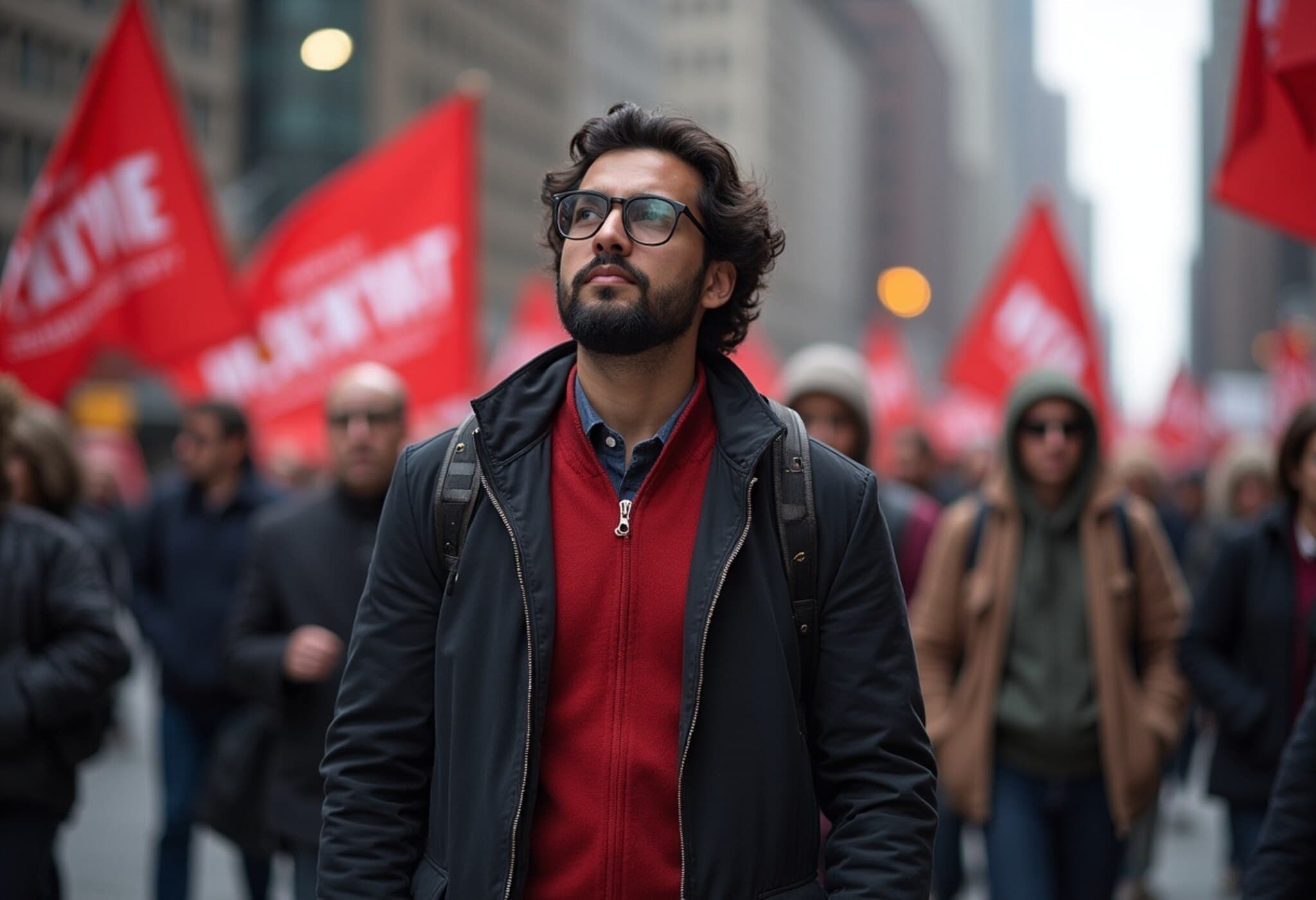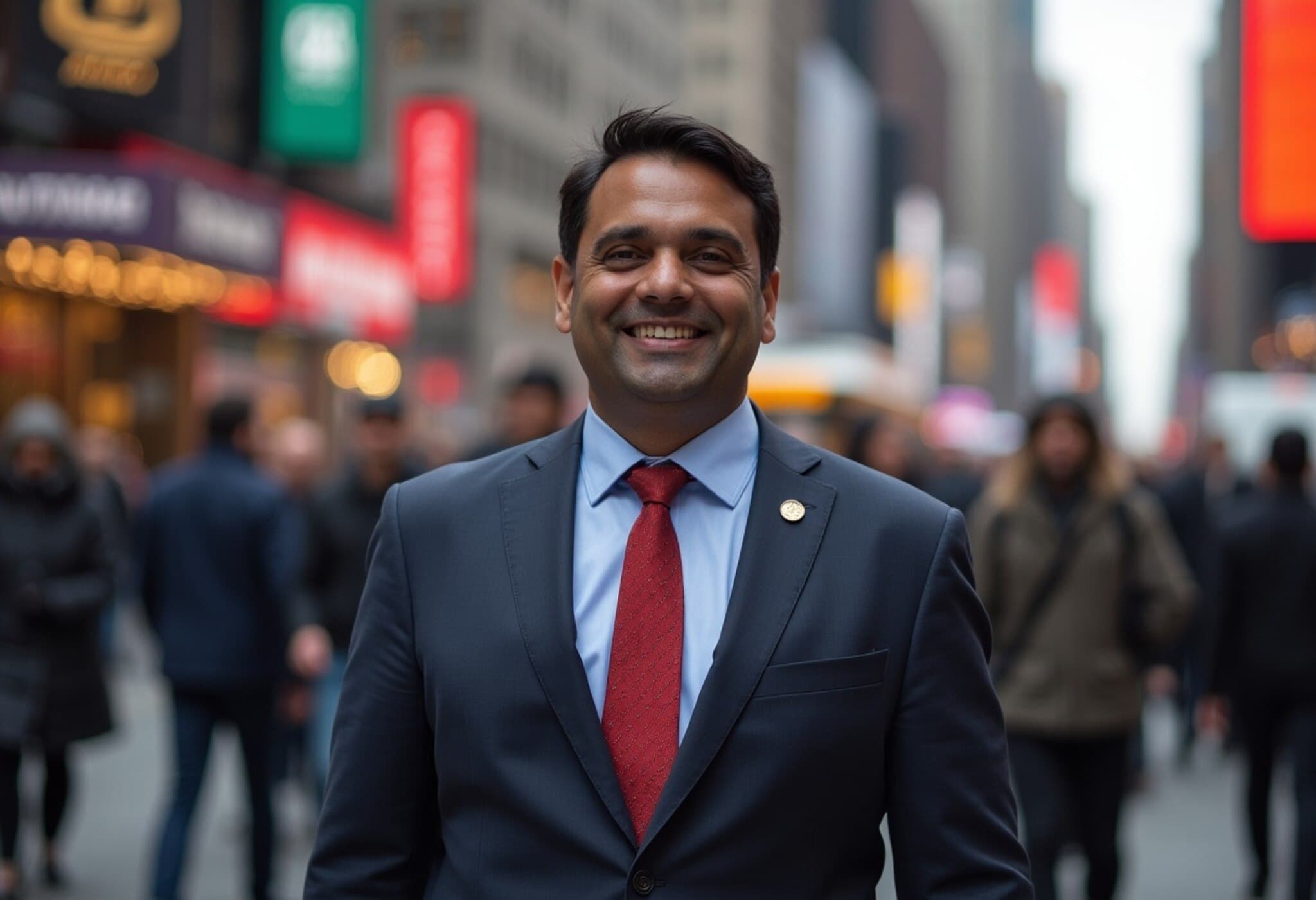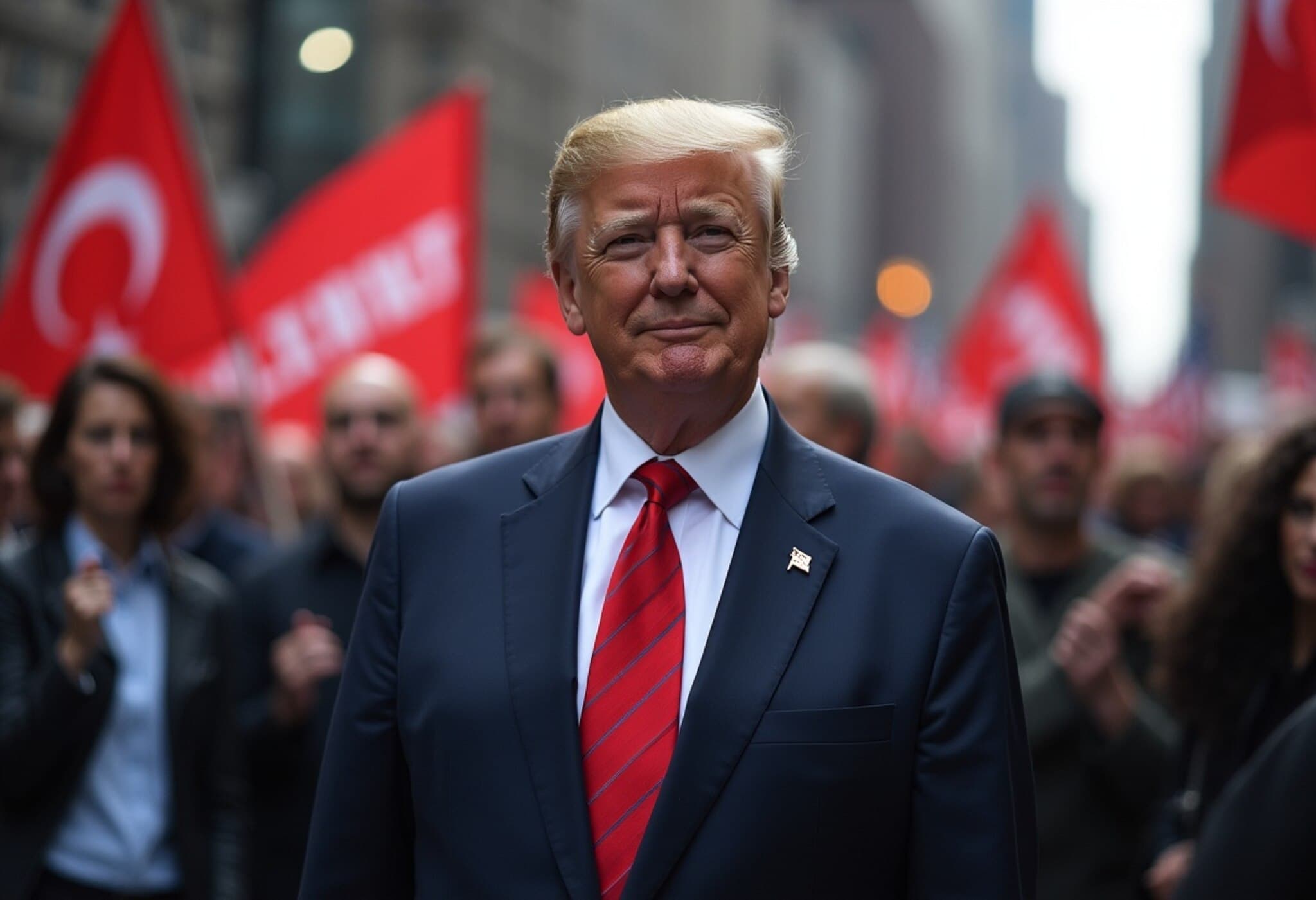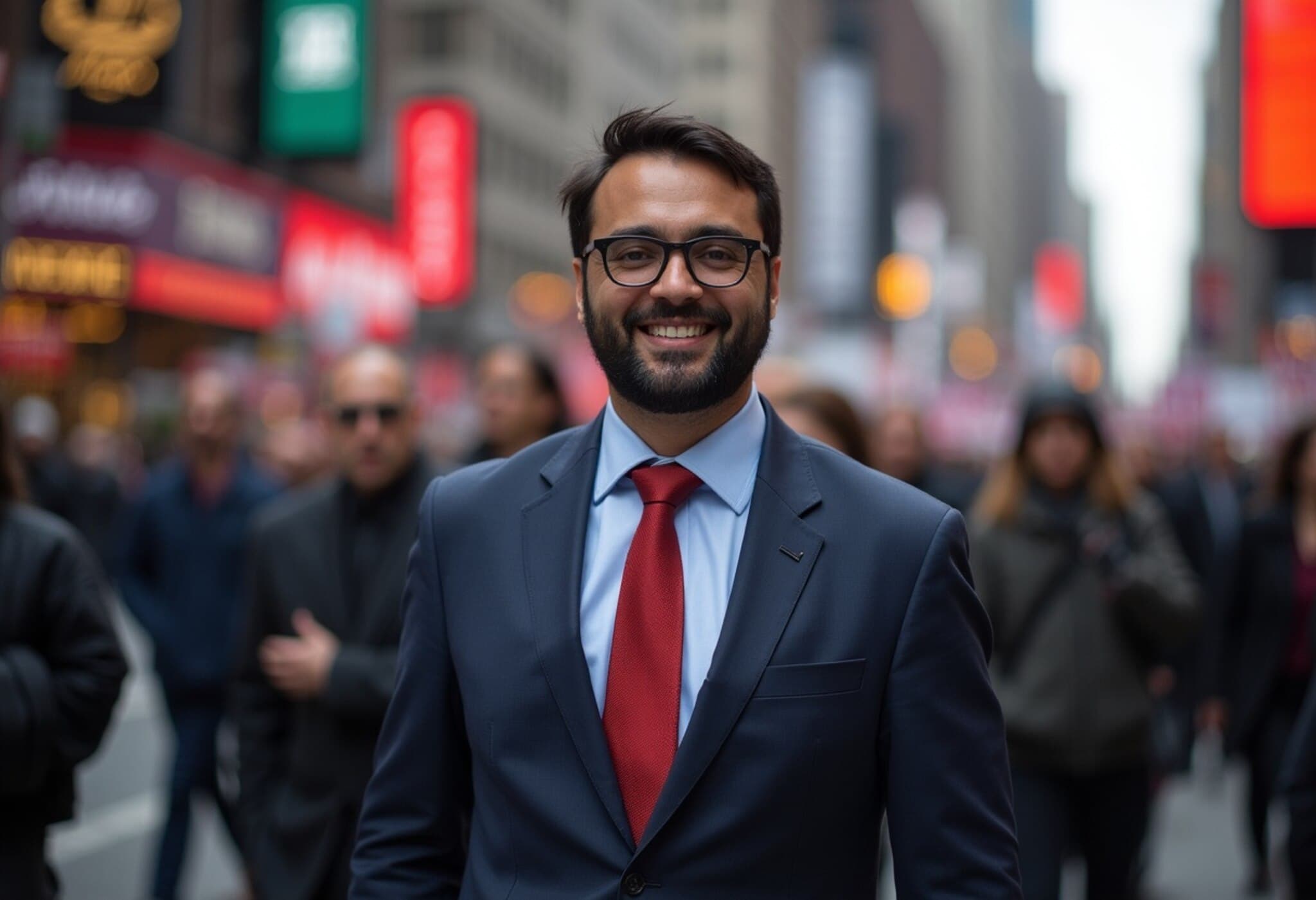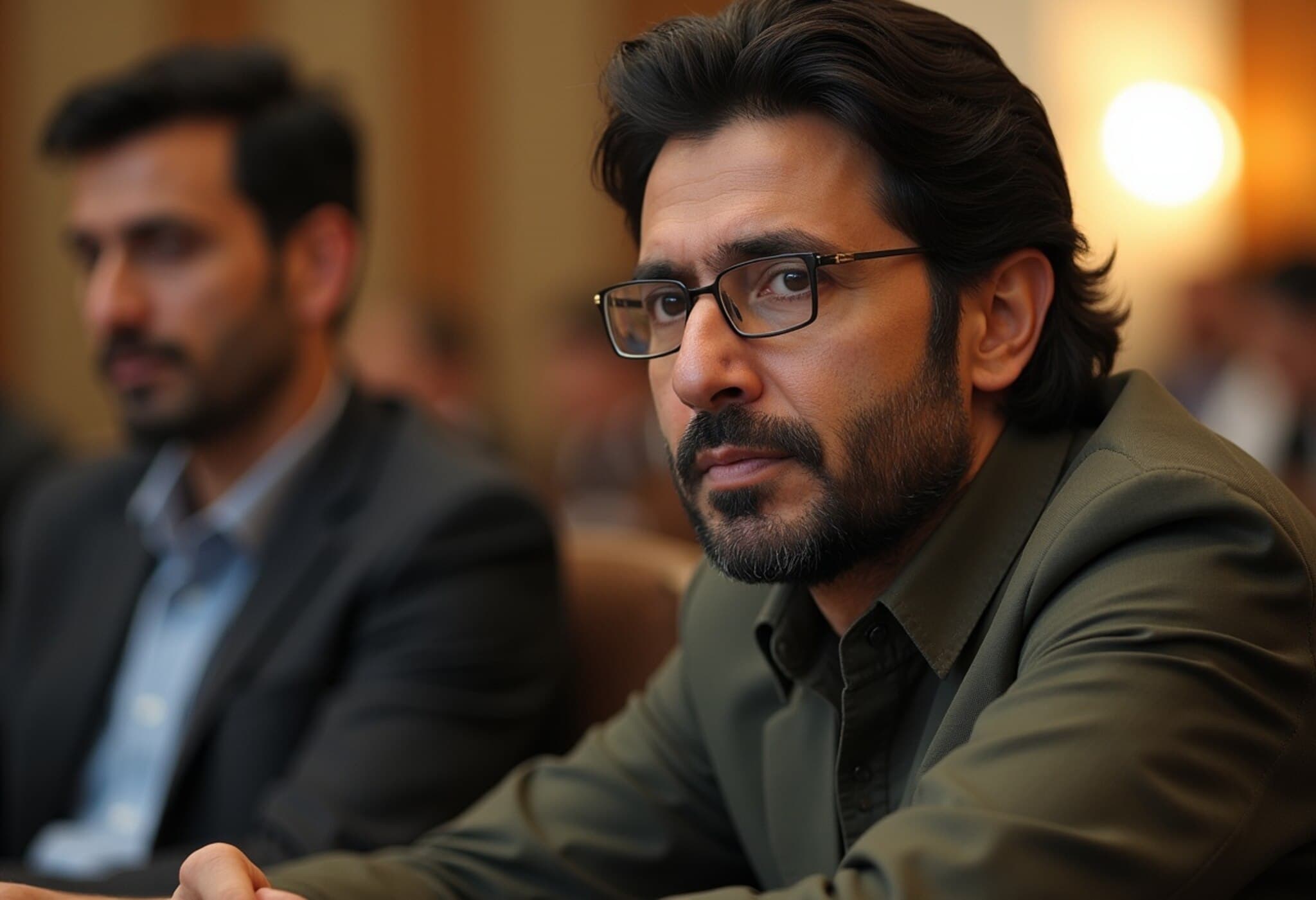The Background on Zohran Mamdani’s Controversy
Zohran Mamdani, a rising star in New York City politics and a Democratic socialist leading the mayoral race, has recently found himself in the eye of a political firestorm. Critics on the right, including prominent conservative voices, have questioned whether Mamdani’s affluent upbringing and family wealth undermine his credibility as an advocate for socialism.
Family Wealth Under the Microscope
At the heart of the debate is Mamdani’s familial background. His mother, Mira Nair, is a celebrated Indian-American filmmaker, known for acclaimed films such as Monsoon Wedding and The Namesake. His father is a respected author and Columbia University professor. Together, their net worth is estimated to be between $2 million and $10 million.
Adding fuel to the fire, critics have labeled Mamdani a “nepo baby,” implying that his path in politics may be cushioned by privilege rather than grassroots struggle. This narrative has been aggressively pushed by conservative commentators, including Laura Loomer and Meghan McCain, who argue Mamdani’s elite background conflicts with the populist ideals he champions.
Property Holdings and Lines of Criticism
Mamdani’s mother owned a stylish Manhattan loft in West Chelsea from 2008 until 2019, originally purchased for $1.375 million and later sold for $1.45 million. The upscale residence, boasting 12-foot ceilings and luxury finishes, now holds an estimated value of around $1.9 million. Furthermore, Mamdani himself owns a four-acre piece of land in Uganda, valued between $150,000 and $250,000, as declared in his 2024 ethics filings.
Detractors highlight these assets as evidence that Mamdani’s lived experience may not fully align with the working-class challenges he aims to address through his progressive platform.
Bold Plans Stir Debate
Mamdani’s policy proposals are ambitious and designed to disrupt the city’s economic hierarchy. He advocates for taxing ultra-wealthy residents more heavily and pushing for initiatives like fare-free public transit and municipally run grocery stores to combat inequality.
If elected, Mamdani would make history as New York City’s first Muslim mayor with Indian heritage, adding a historic milestone to the city's political landscape.
Supporters vs. Critics: Navigating the Divide
While progressives praise Mamdani’s commitment to tackling systemic inequality, his opponents view his plans as impractical and highlight his privileged upbringing to question his authenticity.
Moderate and conservative critics dismiss his platforms as idealistic, suggesting they cater more to progressive voters than offer concrete solutions.
Conclusion: A Complex Figure in a Divided Political Climate
Zohran Mamdani’s campaign encapsulates the tension between wealth and activism in modern politics. His story challenges voters to consider whether personal privilege disqualifies someone from advocating change or if it brings unique perspectives to the battle against inequality.

